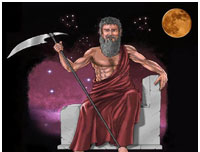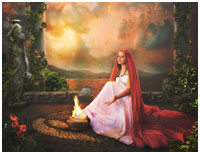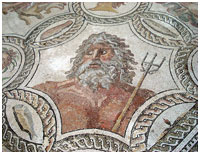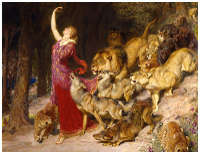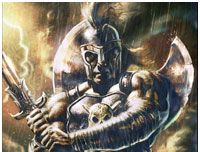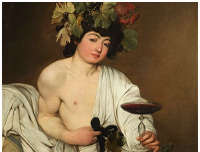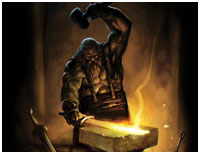The Olympian gods, main gods in Greek mythology
The Olympian gods or Olympians are younger gods who got the name after their mythical place Mount Olympus. They had gained rank as the rulers of the world after dethroning the elder gods, known also as the Titans, in a ten-year war called Titanomachy. The Olympians, as they called themselves, were the main gods of Ancient Greece and were representing civilization of the world.
Twelve Olympians
The first generation Olympians were descendants of a titan couple Cronus and Rhea. Together they gave birth to six children, three sons and three daughters. The sons were Poseidon, Hades, Zeus and daughters Hera, Hestia and Demeter. Zeus, Poseidon, Hera and Demeter are always considered as Olympian gods while Hestia and Hades are only included at some point of their existence. Hades was supposed to live on Mount Olympus and had every honour and right to but was given the realm of death under his control, when the three brothers had to split the cosmos after the victory over Titans.
There was a place for Hestia on Mount Olympus but she is never recorded living there, as she preferred it having her own way of living. Regrardless, there were only twelve places on Mount Olympus and the desire for these was huge among gods. The second generation Olympians were Athena, Ares, Hermes, Dionysus, Apollo, Artemis and Hephaestus. Aphrodite is also sometimes considered as the second generation goddess and other times to be from the titans generation, depending on the source, but always had a place to stay on Mount Olympus. All of these gods were, at some point, referred to as the Olympian gods and together they presided over every aspect of human life.

